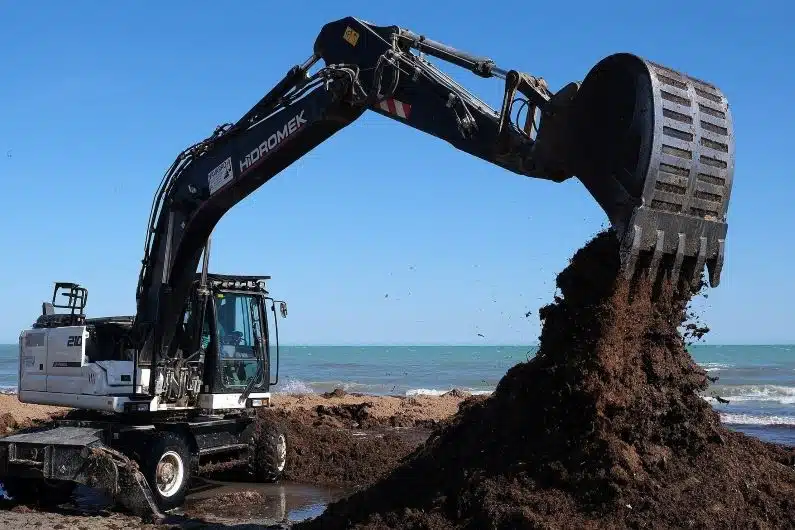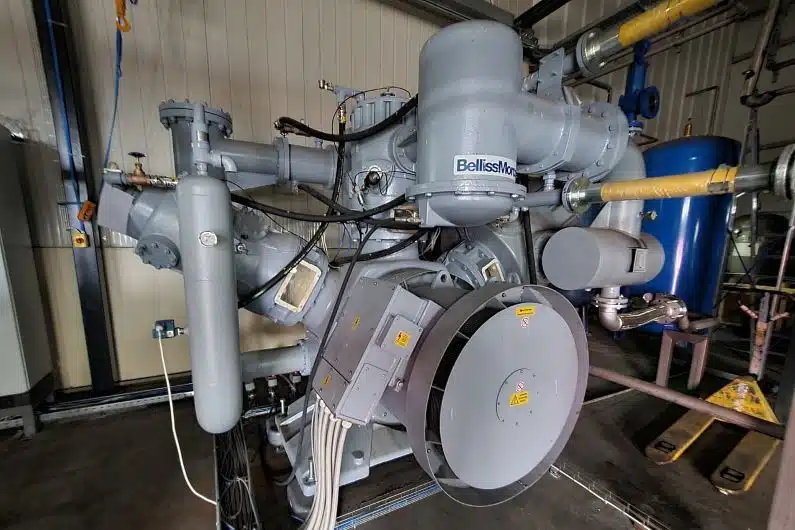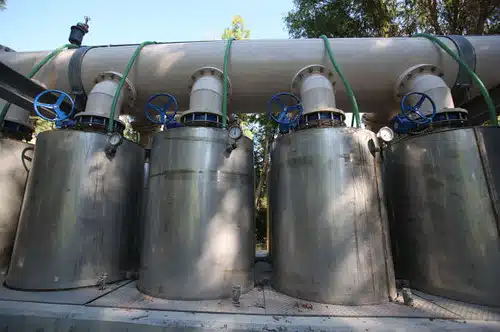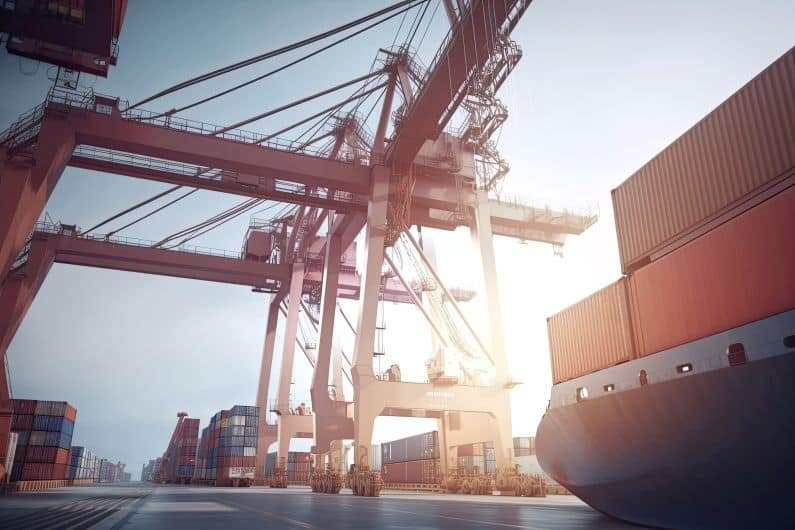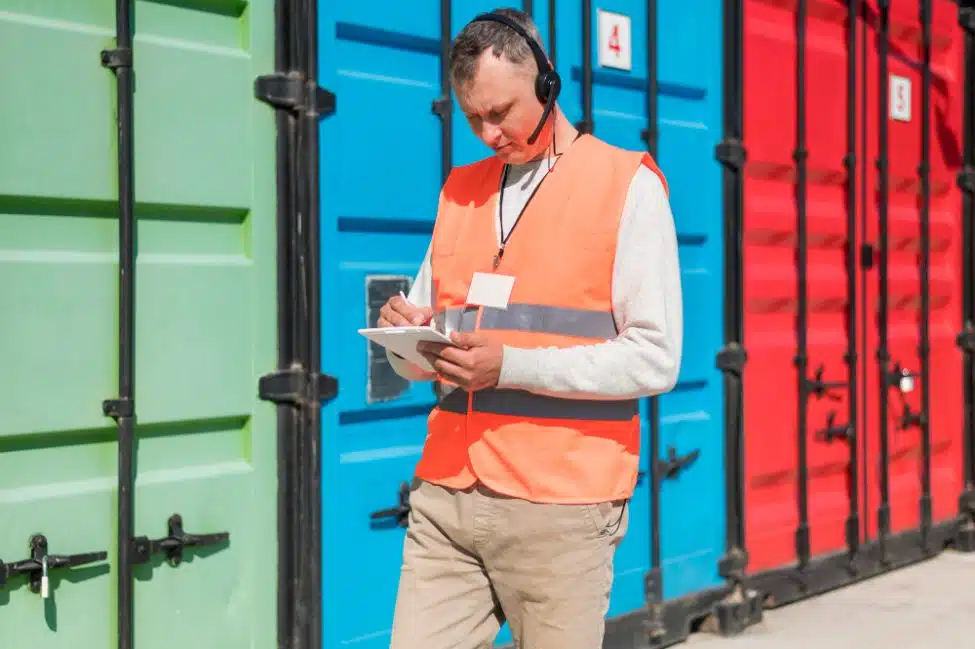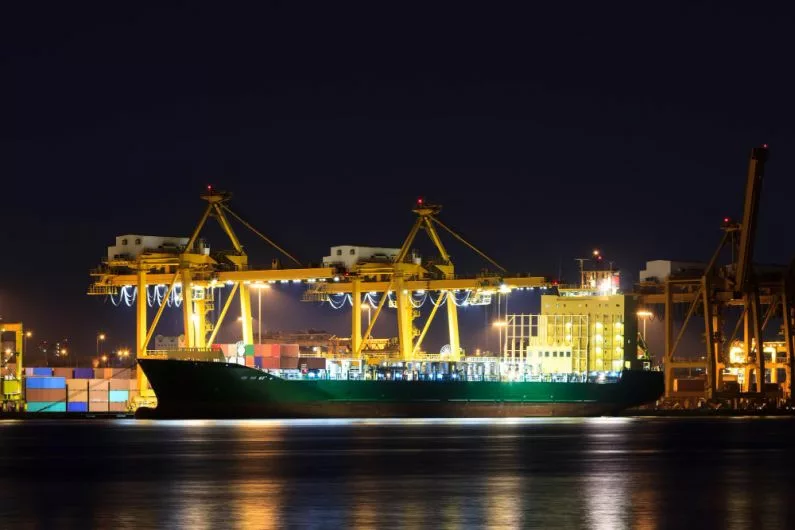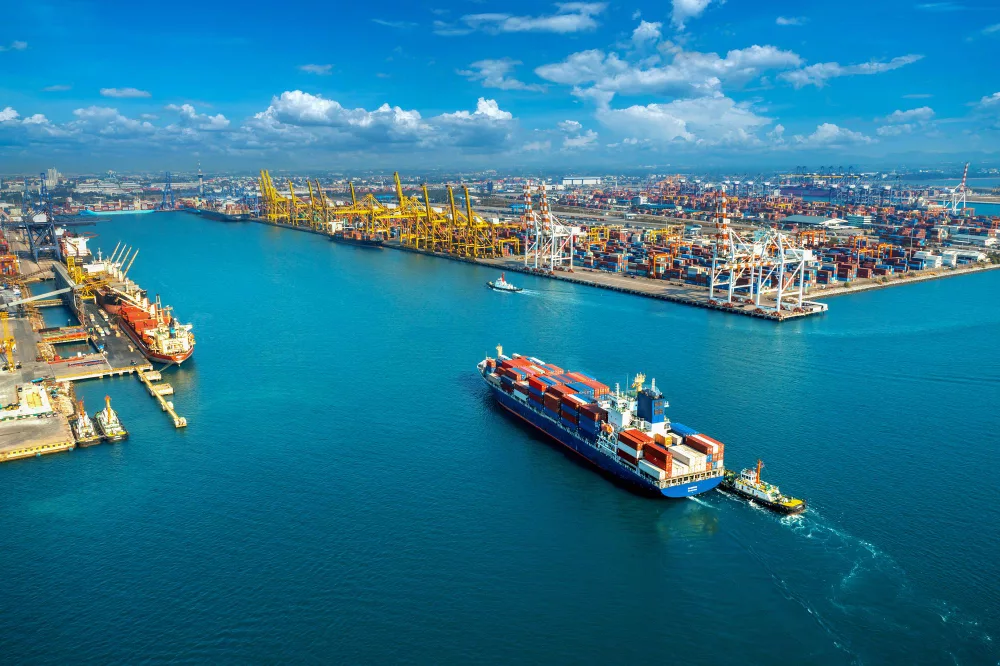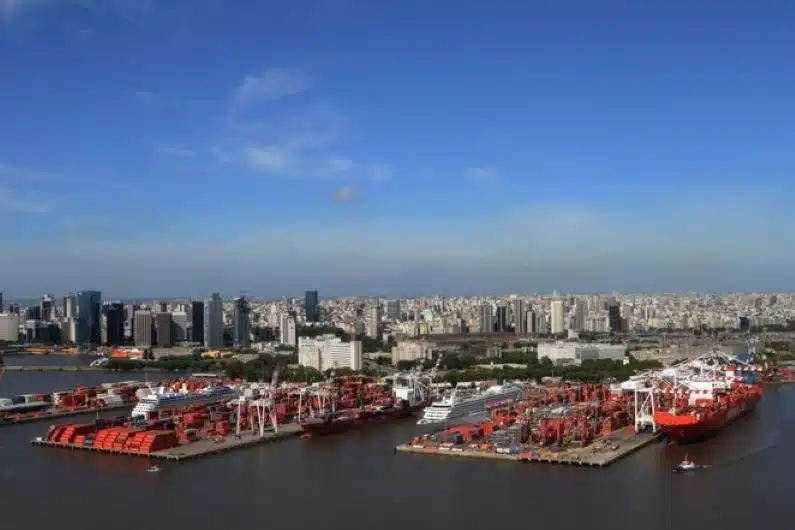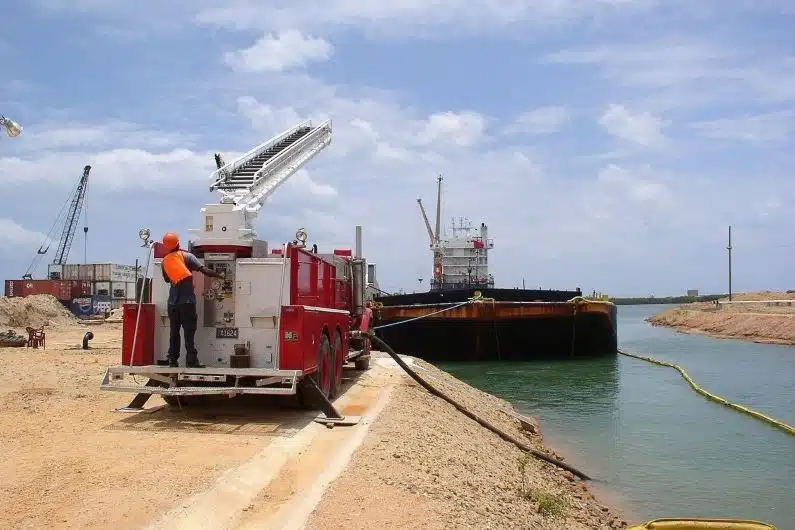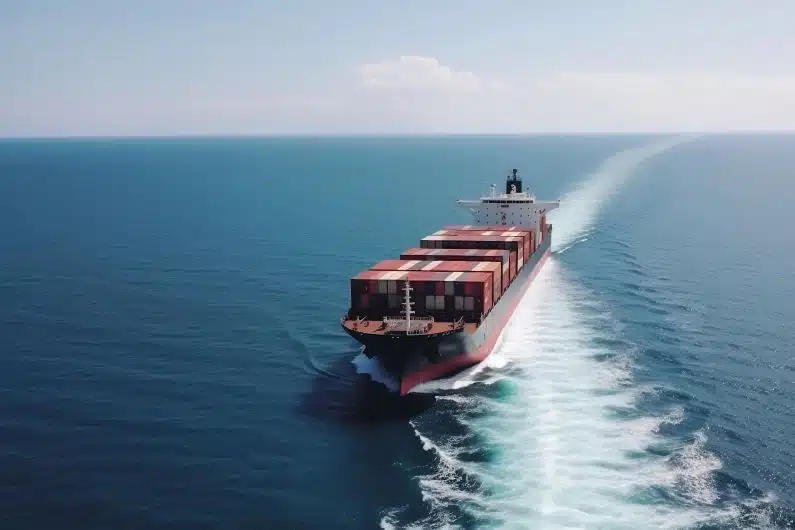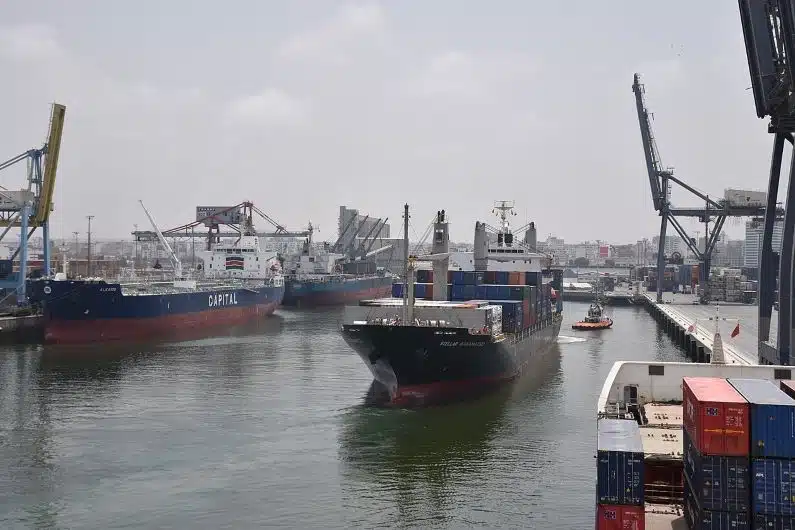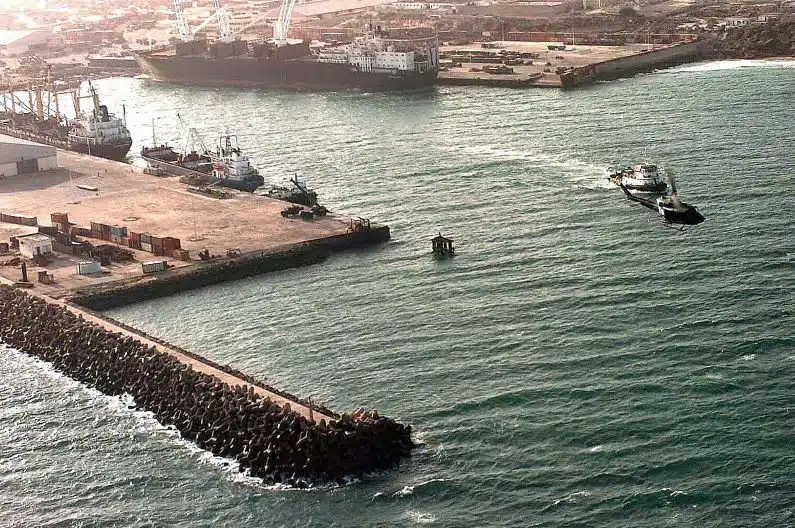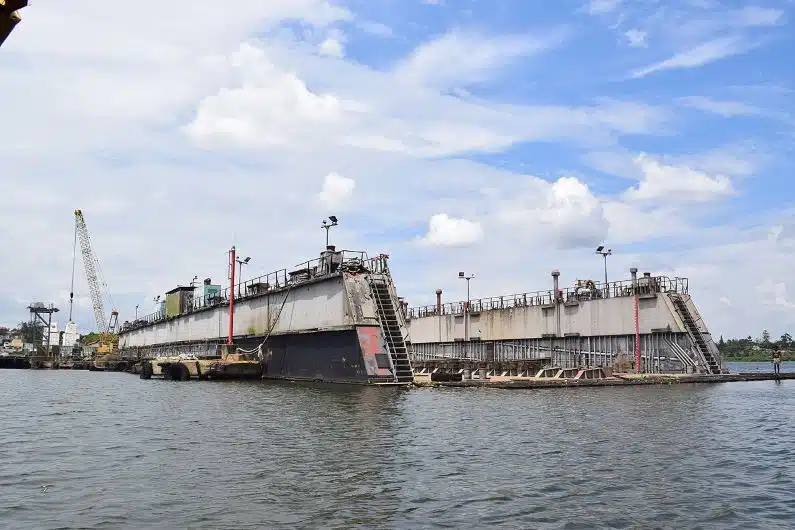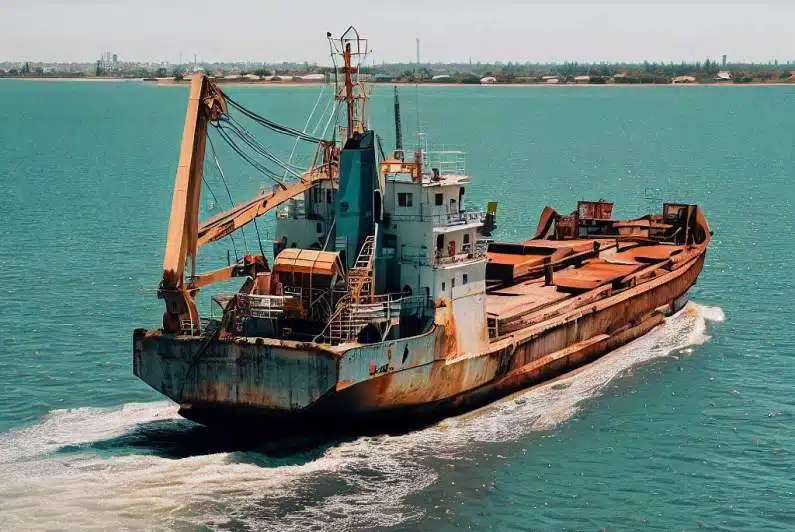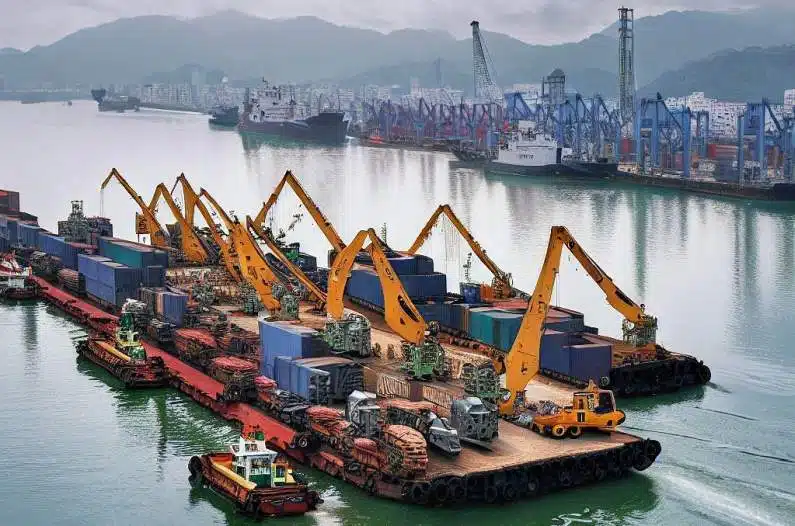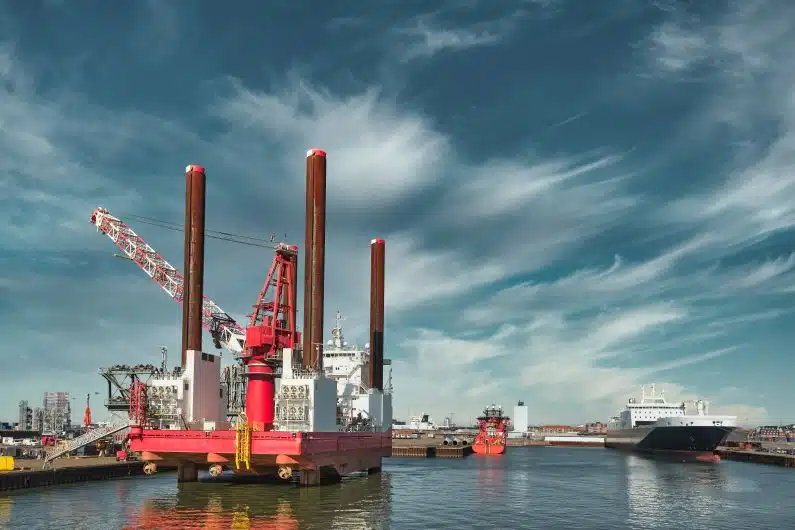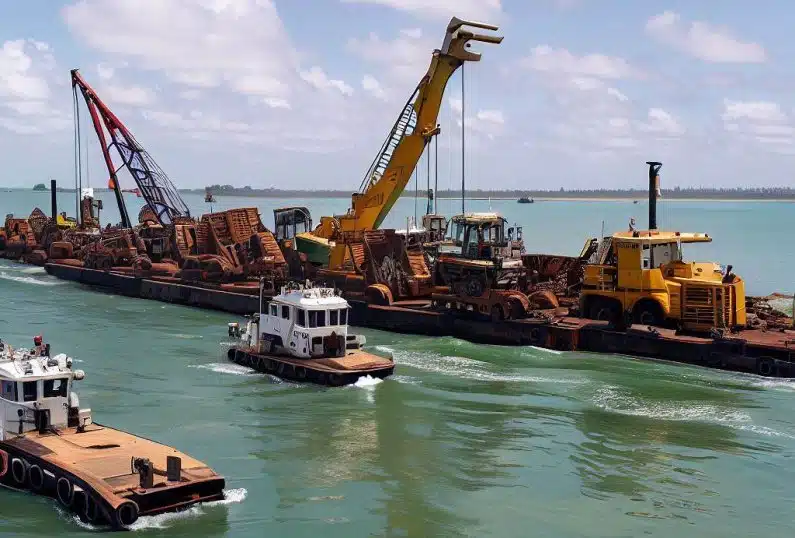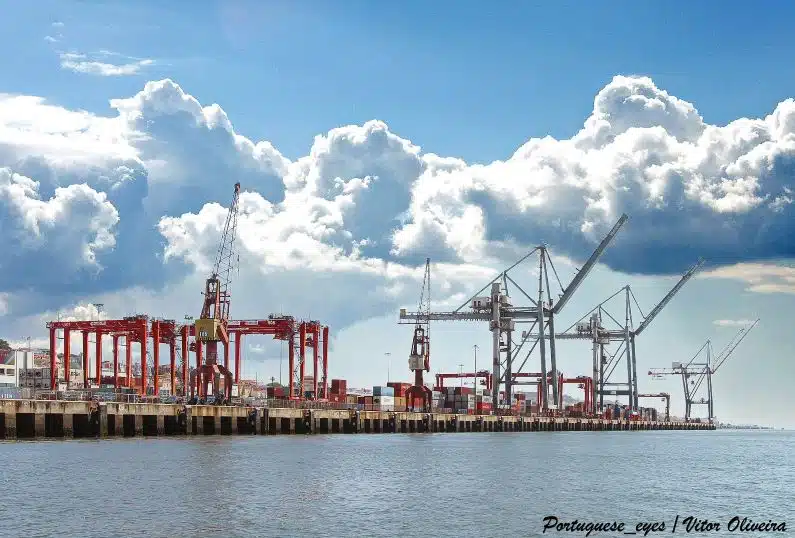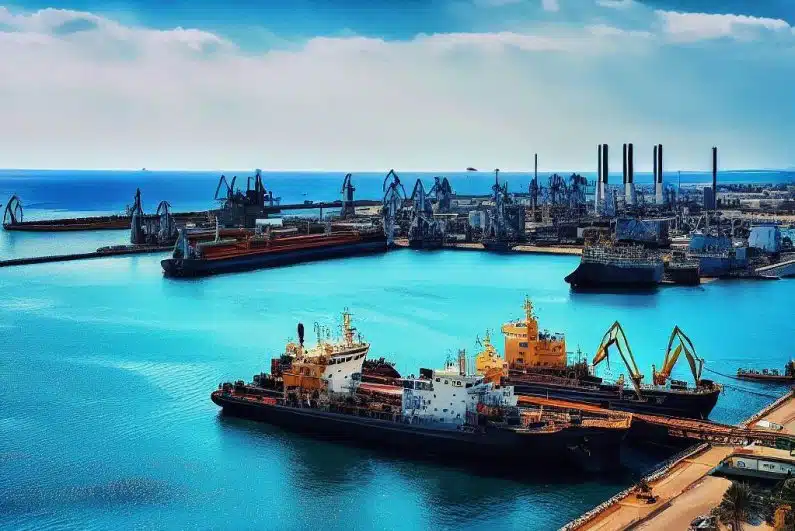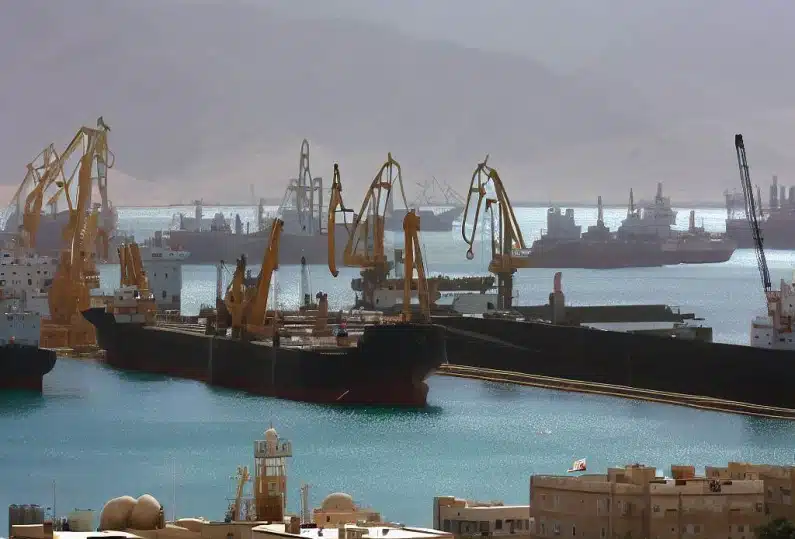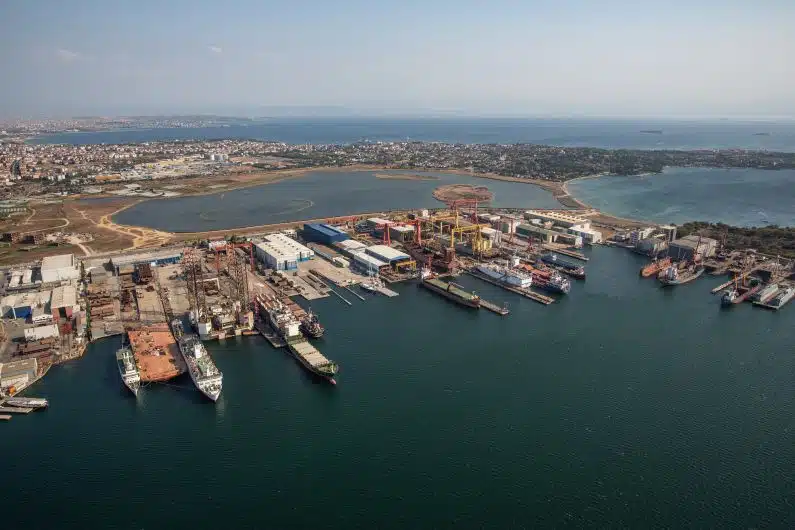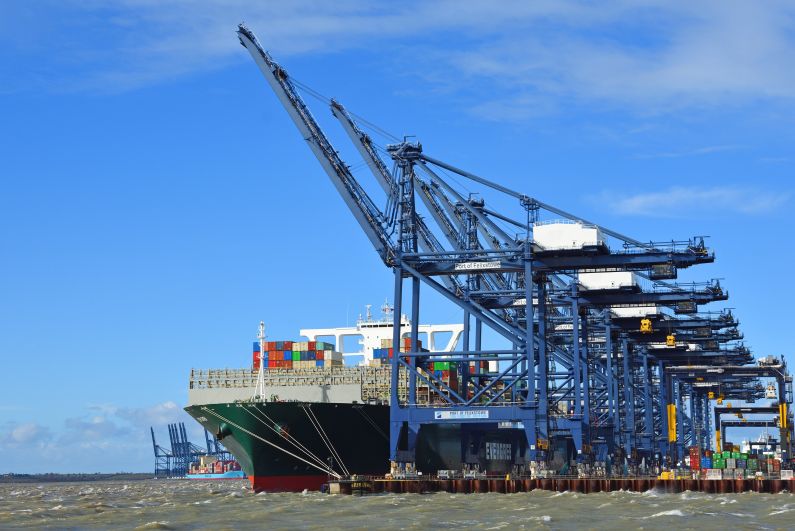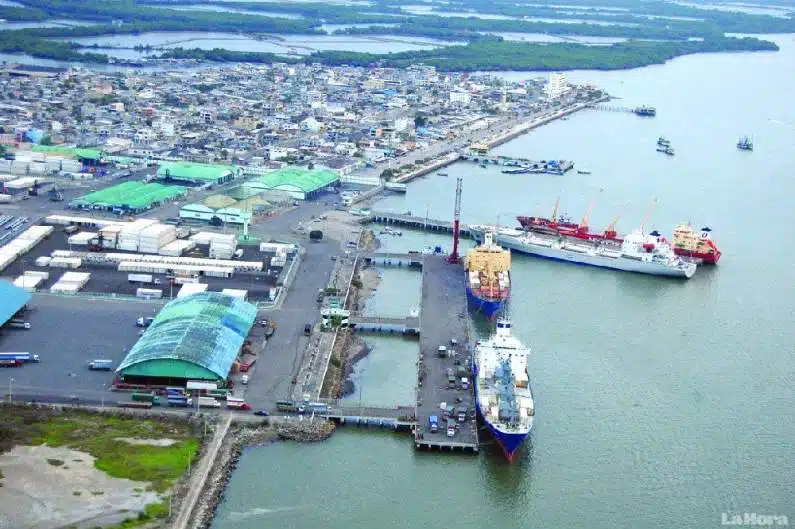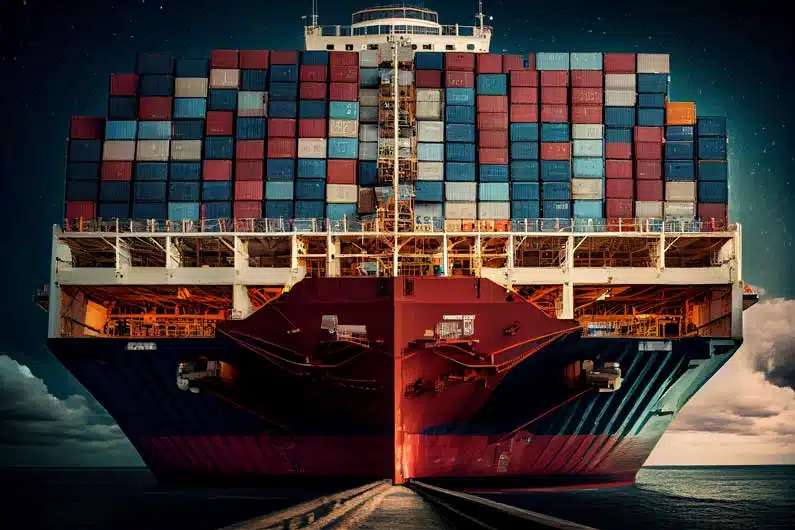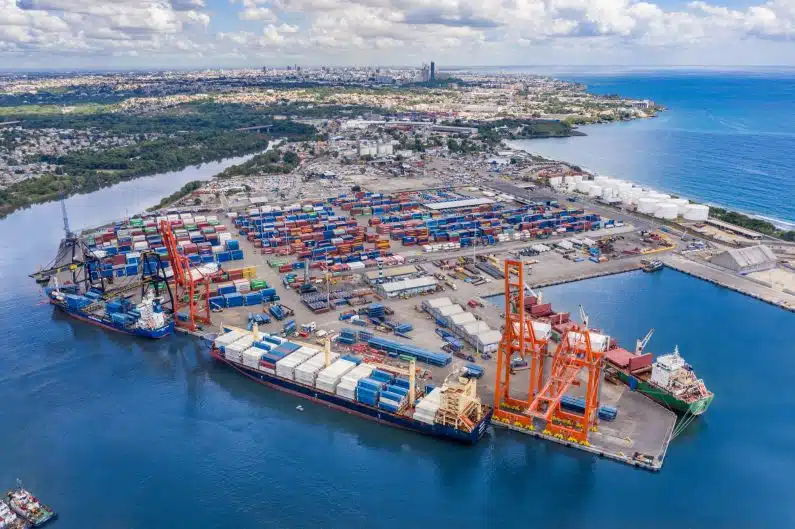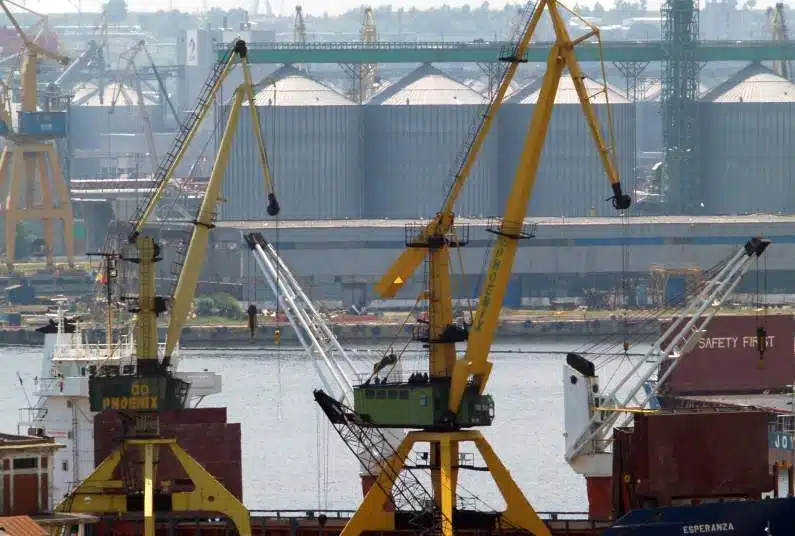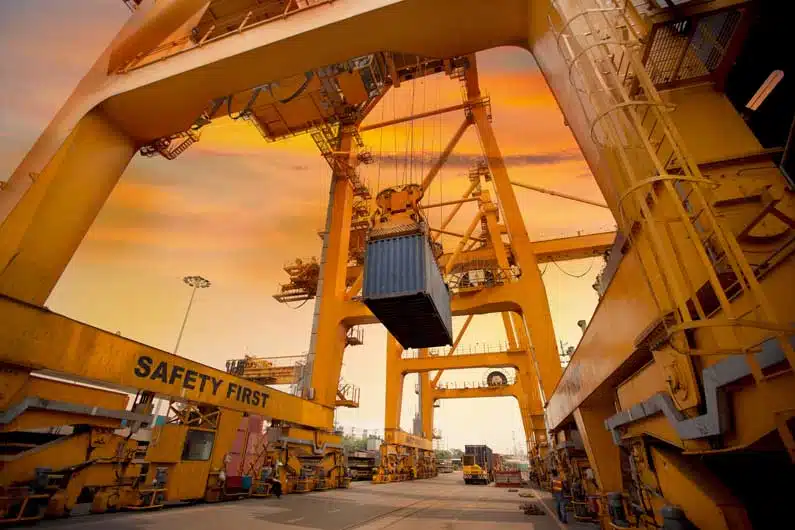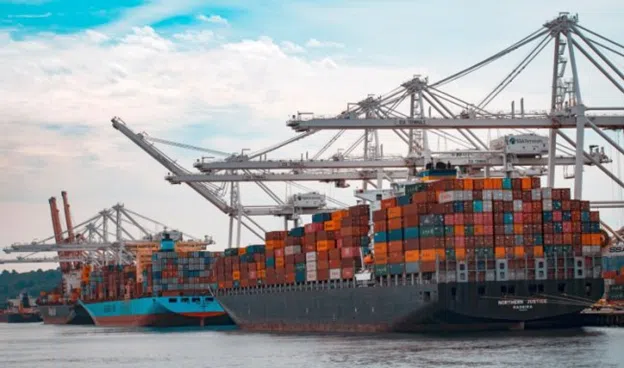The oil industry, a critical component of the global economy, relies heavily on heavy machinery like excavators to carry out vital operations such as drilling, excavation, and pipeline construction.
Shipping these massive pieces of equipment to oil-rich regions worldwide demands a well-coordinated and efficient process. This article explores the process of shipping excavators used in the oil industry, with a specific focus on the perspective of Houston, a key hub for the oil sector.
Why Shipping Excavators Worldwide Is Paramount
Shipping excavators from Houston globally for use in the oil industry holds significant importance due to several reasons.
Firstly, Houston serves as a major hub for the oil industry, with access to a vast network of suppliers, manufacturers, and transportation infrastructure. By shipping excavators from Houston, oil companies can efficiently source and distribute these essential heavy machineries to oil-rich regions worldwide.
Secondly, excavators play a crucial role in various oil industry operations, such as drilling, excavation, and pipeline construction. These machines enable efficient and cost-effective extraction of oil reserves, ensuring the smooth functioning of oil production processes. Lastly, Houston’s strategic location allows for shorter transit times and lower shipping costs compared to other regions, making it a preferred choice for global shipping.
Overall, shipping excavators from Houston globally is vital for the oil industry to meet the demands of exploration, production, and infrastructure development in oil-rich regions across the world.
The Process of Shipping Excavators
Pre-shipping Preparations:
Documentation and customs
Shipping companies and logistics providers establish a close collaborative partnership with both the excavator manufacturer and the customer to meticulously accomplish the essential tasks of documentation, permits, and customs clearance procedures.
The adherence to import and export regulations stands as a critical element to steer clear of any potential delays or complications that may arise throughout the intricate shipping process.
Securing and packaging
The process of safeguarding excavators for transportation entails meticulous measures to minimize the potential hazards and protect the valuable machinery from any potential damage during transit. It encompasses the implementation of specialized methodologies, including the utilization of protective padding, secure strapping mechanisms, and purpose-built containers, all working harmoniously to create an impregnable shield that ensures the excavators’ utmost safety throughout the journey.
Choosing the Right Shipping Method
Roll-on/Roll-off (Roro)
Roll-on/Roll-off (RoRo) vessels are widely favored as the primary choice for transporting colossal machinery such as excavators, primarily owing to their remarkable capacity to effortlessly accommodate the immense size and weight of such cargo.
The operational methodology involves expertly maneuvering the excavators onto the vessel, ensuring their firm and reliable fastening, and then embarking on a seamless voyage that navigates the vast expanse of the ocean, ultimately culminating in the safe and efficient delivery of these impressive machines to their designated port of arrival.
Containerized shipping
Smaller excavators or those requiring additional protection can be transported in containers. Containers offer enhanced security and can be easily loaded and unloaded using cranes.
Breakbulk shipping
In cases where excavators are exceptionally large or irregularly shaped, breakbulk shipping is utilized. This method involves disassembling the equipment into smaller components, loading them onto specialized cargo vessels, and reassembling them at the destination.
Logistics and Transportation
Transportation to the port
In a meticulously planned procedure, the expedition of excavators begins from the premises of the manufacturer, embarking on a precisely choreographed journey that takes them to the departure port located in Houston.
Using the skills of proficient professionals, purpose-built trucks or trailers, equipped with advanced hydraulic systems, bear the responsibility of carefully loading and unloading these extraordinary machines, guaranteeing their utmost safety throughout the entire transportation endeavor.
Port operations
At the port, cargo handling teams ensure the excavators are securely loaded onto the designated vessel. Rigorous safety protocols and specialized lifting equipment are utilized to minimize the risk of damage during this process.
International shipping
Once the excavators are loaded onto the vessel, shipping companies coordinate the transportation, ensuring adherence to the scheduled departure and arrival times. Regular communication is maintained with the client to provide updates on the progress of the shipment.
Customs clearance and delivery
Upon arrival at the destination port, the excavators undergo customs clearance procedures, which vary depending on the regulations of the receiving country. Import duties, taxes, and inspections may be conducted before the equipment is released for further transportation to the final destination.
Local transportation companies handle the onward delivery of the excavators, ensuring they reach the oilfield or construction site safely.
Why You Should Choose Texas International Freight When Shipping Excavators
Choosing Texas International Freight as your partner when shipping excavators worldwide offers numerous advantages for customers. Firstly, Texas International Freight has extensive experience and expertise in handling heavy machinery shipments, including excavators.
Our team of professionals understands the specific requirements and challenges involved in transporting such equipment, ensuring a smooth and efficient shipping process. Secondly, they have established strong relationships with global carriers, allowing them to negotiate competitive shipping rates and secure reliable services.
Texas International Freight provides comprehensive logistics solutions, including documentation assistance, customs clearance, and insurance coverage, ensuring that customers can focus on their core operations while their excavators are safely transported.
Our commitment to customer satisfaction and personalized service sets them apart, as they work closely with clients to understand their unique needs and tailor shipping solutions accordingly.
With a track record of successful excavator shipments worldwide, choosing Texas International Freight instills confidence in customers, knowing that their valuable equipment will reach its destination reliably and on time.
Conclusion
The process of shipping excavators for the oil industry from Houston to destinations worldwide is a complex undertaking that requires meticulous planning, coordination, and expertise.
Houston’s significance as an oil industry hub, coupled with its well-developed infrastructure, positions it as an ideal starting point for shipping heavy machinery like excavators.
With careful attention to documentation, secure packaging, and selecting the appropriate shipping method, oil companies can ensure the efficient and safe delivery of excavators to facilitate essential operations in oil-rich regions across the globe.

